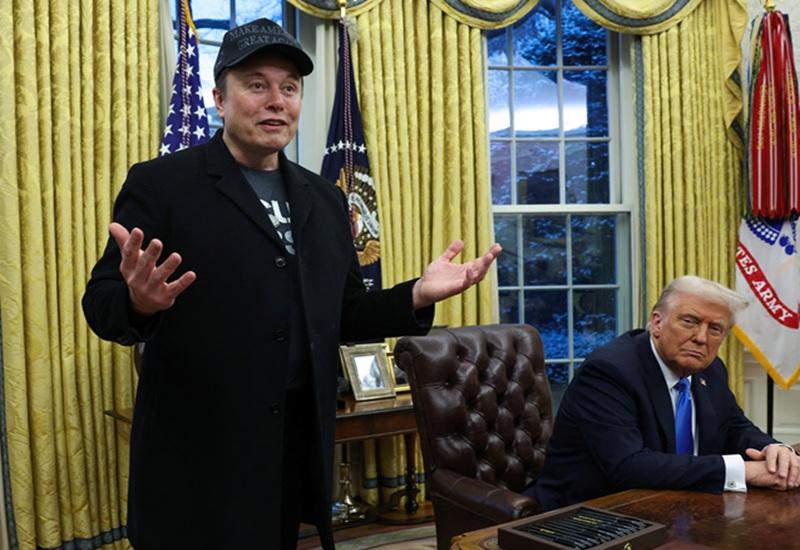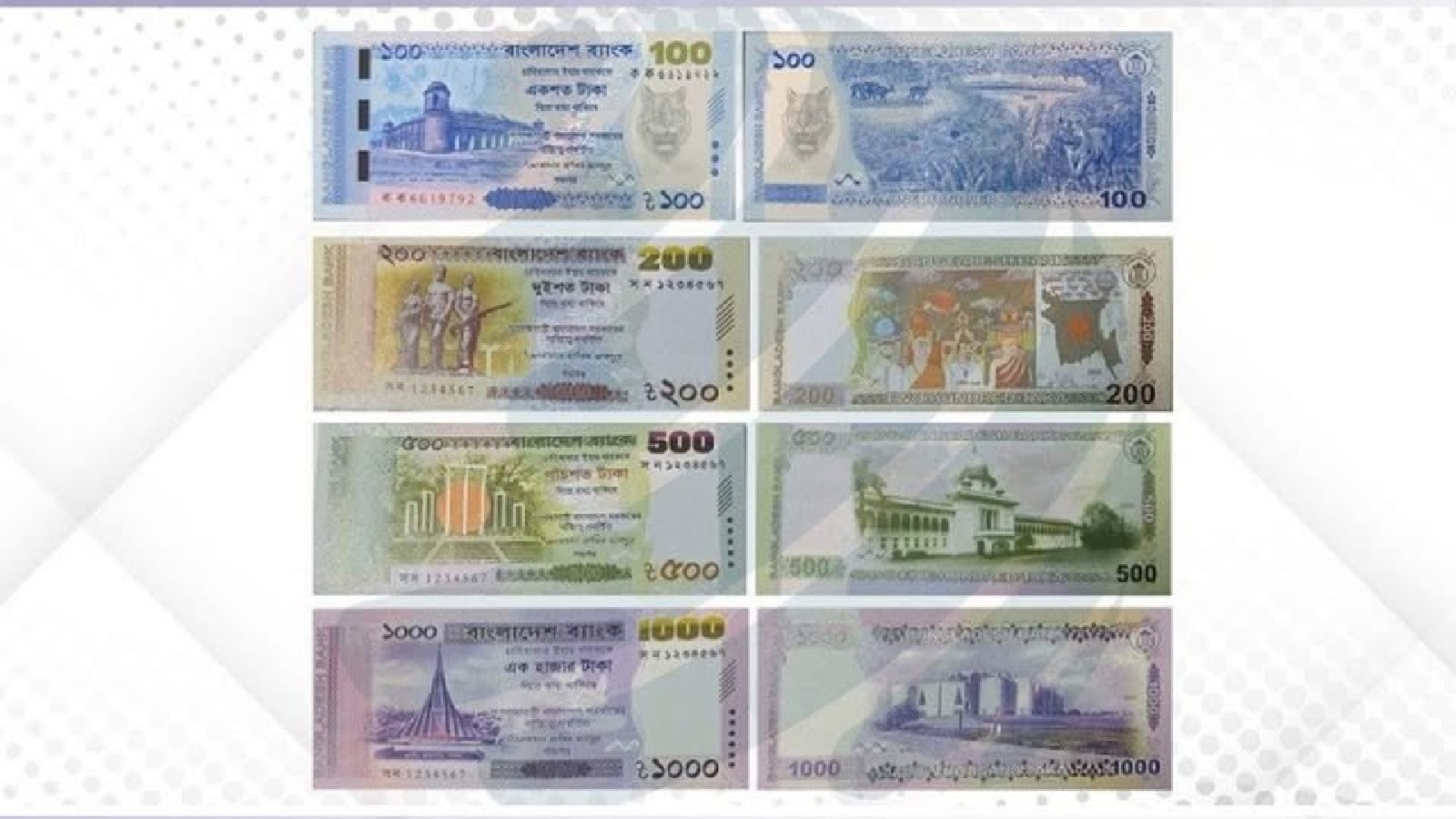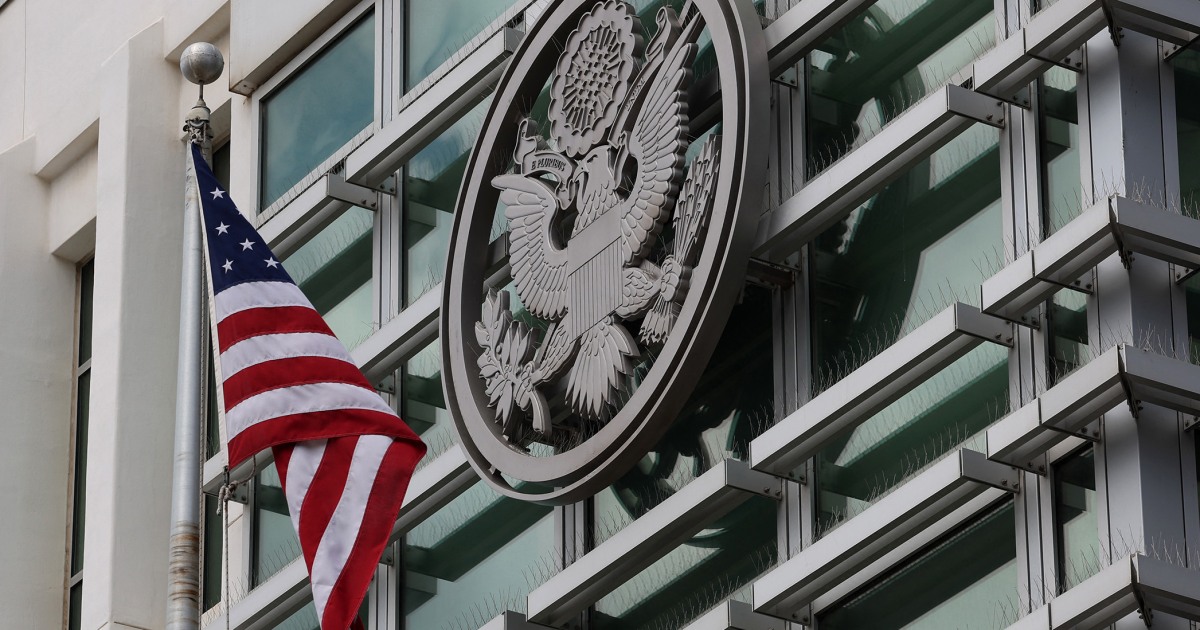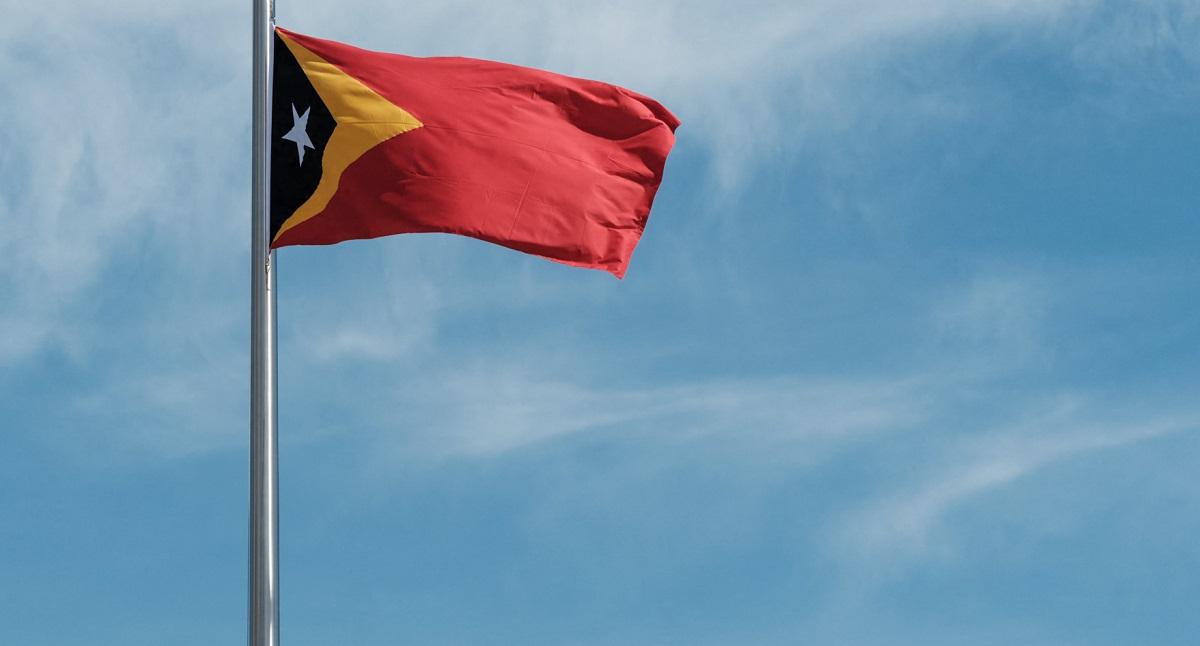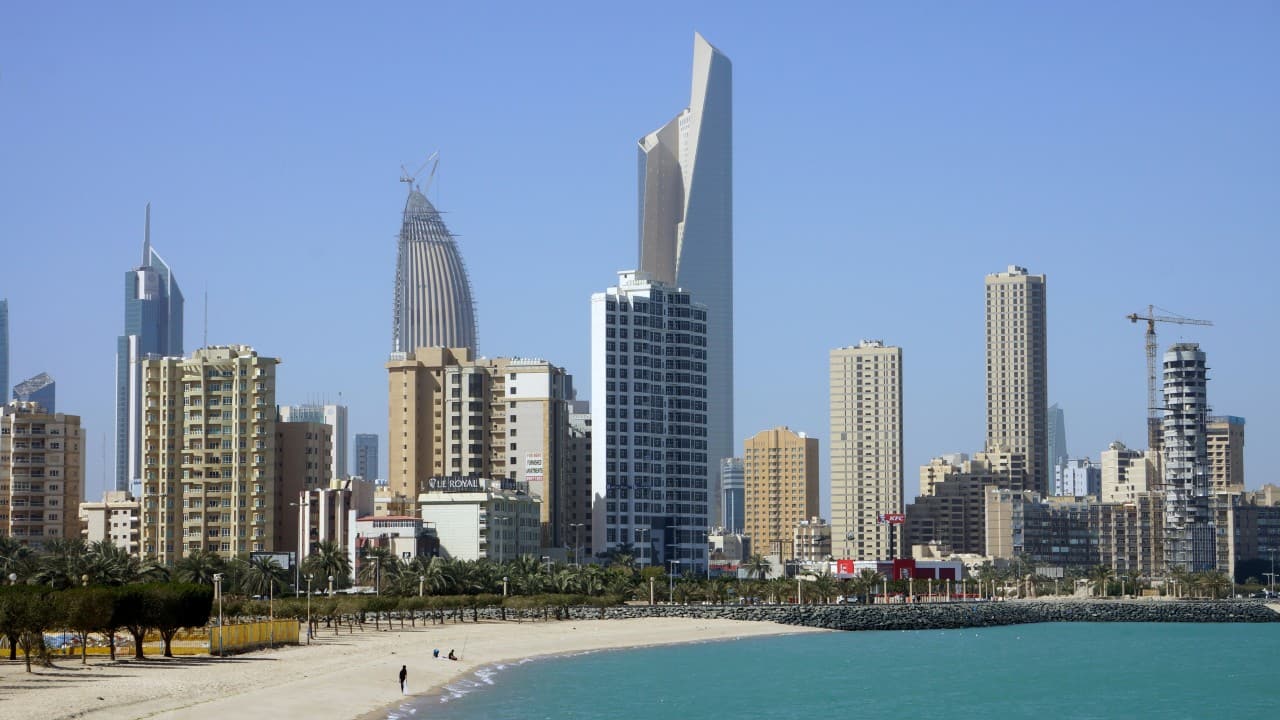Britain Halts Trade Negotiations with Israel Amid Escalating Gaza Conflict
In a significant diplomatic move, the British government announced on Tuesday that it is suspending trade negotiations with Israel. This decision comes alongside the imposition of sanctions targeting Israeli settlers in the West Bank. The announcement follows the publication of a joint letter by Britain, Canada, and France, which threatens to take further action unless Israel ceases its military operations in Gaza.
The letter, co-signed by leaders from the three nations, expresses their opposition to the ongoing expansion of Israel's military presence in Gaza, citing the humanitarian crisis as "intolerable." These leaders emphasized the urgent need for the Israeli government to permit humanitarian aid to flow into Gaza. They also called on Hamas to release the remaining hostages taken since the onset of hostilities on October 7, 2023.
British Foreign Secretary David Lammy highlighted the detrimental effect of Israel's actions on the bilateral relationship between Britain and Israel. In a post on social media, Lammy stated that the continuation of military offensives and the denial of aid to Gaza could lead to further punitive measures from the UK government.
In a parallel development, Kaja Kallas, the EU High Representative for Foreign Affairs and Security Policy, addressed reporters, indicating that the European Union is set to reassess its relationship with Israel in light of the ongoing conflict. While she could not predict the outcome of these discussions, Kallas affirmed that European leaders collectively agree on the necessity of humanitarian aid reaching Gaza without delay.
On a positive note, Kallas acknowledged Israel's recent decision to permit some humanitarian assistance into Gaza. However, she stressed that this gesture is insufficient, pointing out that thousands of trucks loaded with EU-funded aid are currently stationed at the border, awaiting entry. It is crucial, she stated, for this aid to reach the people in desperate need, as conditions inside Gaza have reached a critical state.
The rising pressure on Israel signifies a notable shift in the stance of some of its traditional allies regarding the ongoing military actions against Hamas. Just a few days prior, Israel had declared the commencement of a new military operation in Gaza. The letters and statements from Britain, France, Canada, and the European Union indicate that their patience with Israel's military escalation is waning.
In response to the scathing letter from Canada, France, and Britain, Israeli Prime Minister Benjamin Netanyahu issued a sharp rebuttal via social media. He accused the three Western leaders of rewarding acts of violence against Israel and suggested that their message invites further attacks. Netanyahu's remarks reflect the heightened tensions and the complexities of the international response to the conflict.
The letter was co-signed by Canadian Prime Minister Mark Carney, who spent the preceding weekend in Europe attending Pope Leo XIV’s inaugural mass, where he engaged with various European leaders. Carney is positioning Canada as a proactive player in promoting peace efforts, particularly in the contexts of Gaza and Ukraine, while also aiming to reduce Canada’s economic dependency on the United States.
Looking ahead, Canada is set to host the G7 leaders’ summit next month in Kananaskis, Alberta, where these pressing topics are likely to be central to discussions.
Currently, G7 finance ministers are convening in Banff, Canada, but Canadian Finance Minister François-Philippe Champagne refrained from addressing inquiries regarding Canada’s warning to Israel. He suggested that discussions concerning Gaza would be more appropriate for the upcoming G7 summit rather than the current finance ministers' meeting, which is focused on financial stability and international economic growth.
In their joint letter, the leaders expressed their longstanding support for Israel's right to self-defense but condemned the current escalation as "wholly disproportionate." They warned that if Israel does not halt its military offensive and lift restrictions on humanitarian aid, they will pursue “further concrete actions,” including targeted sanctions against Israeli settlements in the West Bank.
While Britain has decided to suspend free-trade talks with Israel and impose sanctions, Canada and France have yet to specify any concrete measures in response. Global Affairs Canada has not provided comments regarding these developments.
Amid these political maneuvers, the humanitarian situation in Gaza continues to deteriorate alarmingly. Patrick Robitaille, head of humanitarian affairs at Save the Children Canada, described the circumstances as “totally desperate,” noting that since March 2, only a handful of trucks have been allowed to enter Gaza, representing a mere fraction of what is needed.
He pointed out that thousands of aid trucks are waiting at the border with approximately 9,000 pallets of essential supplies, ready for distribution. Robitaille emphasized that the dire humanitarian crisis is a man-made disaster. Children in Gaza are facing critical risks of famine, and reports indicate a growing number of malnutrition cases among children in medical clinics.
Robitaille also reflected on alarming comments made by Tom Fletcher, head of UN relief efforts, who warned that 14,000 babies could perish within the next 48 hours without immediate intervention. Fletcher announced that Israeli authorities have temporarily allowed the UN to deliver aid to Gaza after an 11-week blockade, reiterating the necessity for aid to reach civilians in urgent need.
Despite the glimmers of hope from the statements made by Canada, France, and Britain, Robitaille underscored that accountability must follow, advocating for an immediate and definitive ceasefire, as the situation exceeds the limits of humanitarian tolerance.
This situation continues to unfold, with international ramifications yet to be fully realized. The call for humanitarian access and the demand for accountability resonate as critical themes in the ongoing discourse surrounding the conflict in Gaza.












